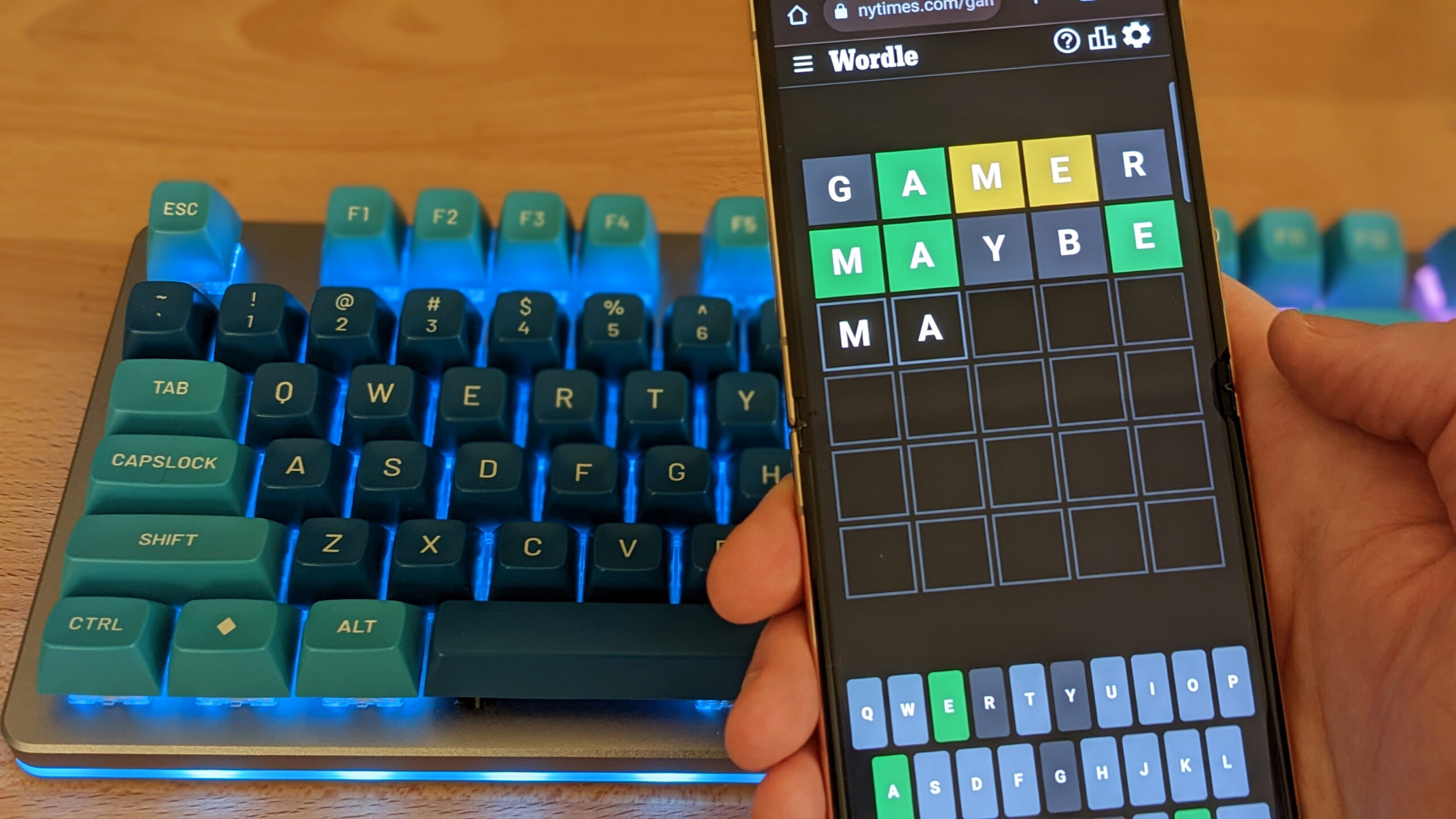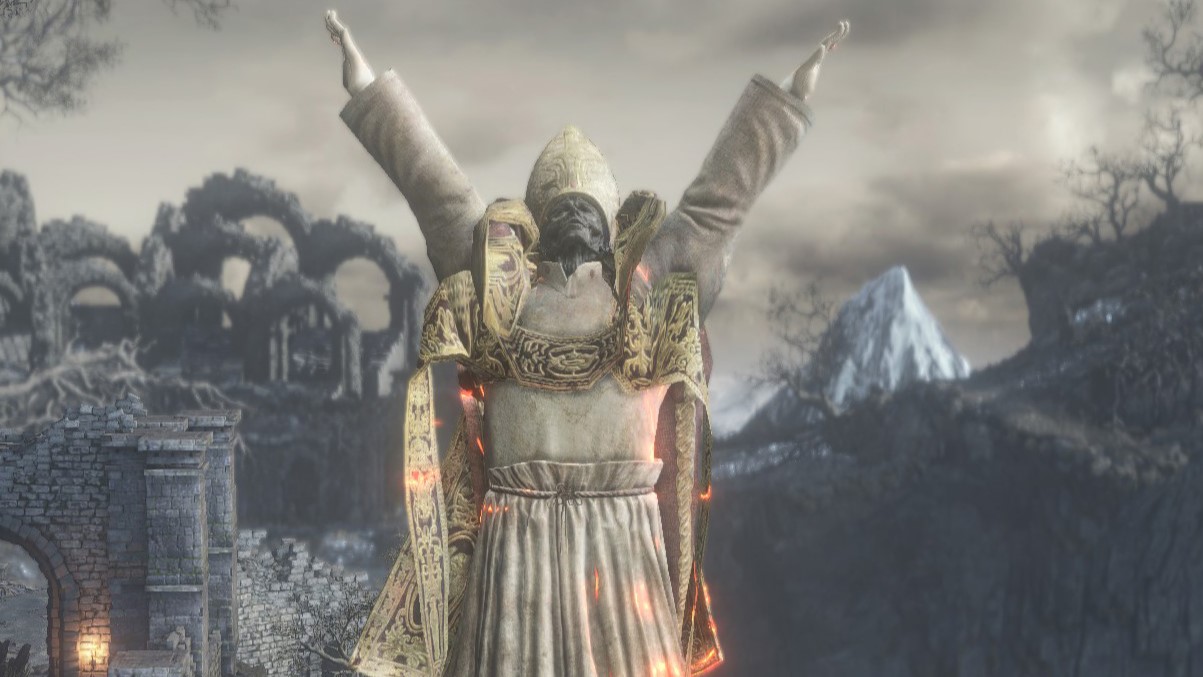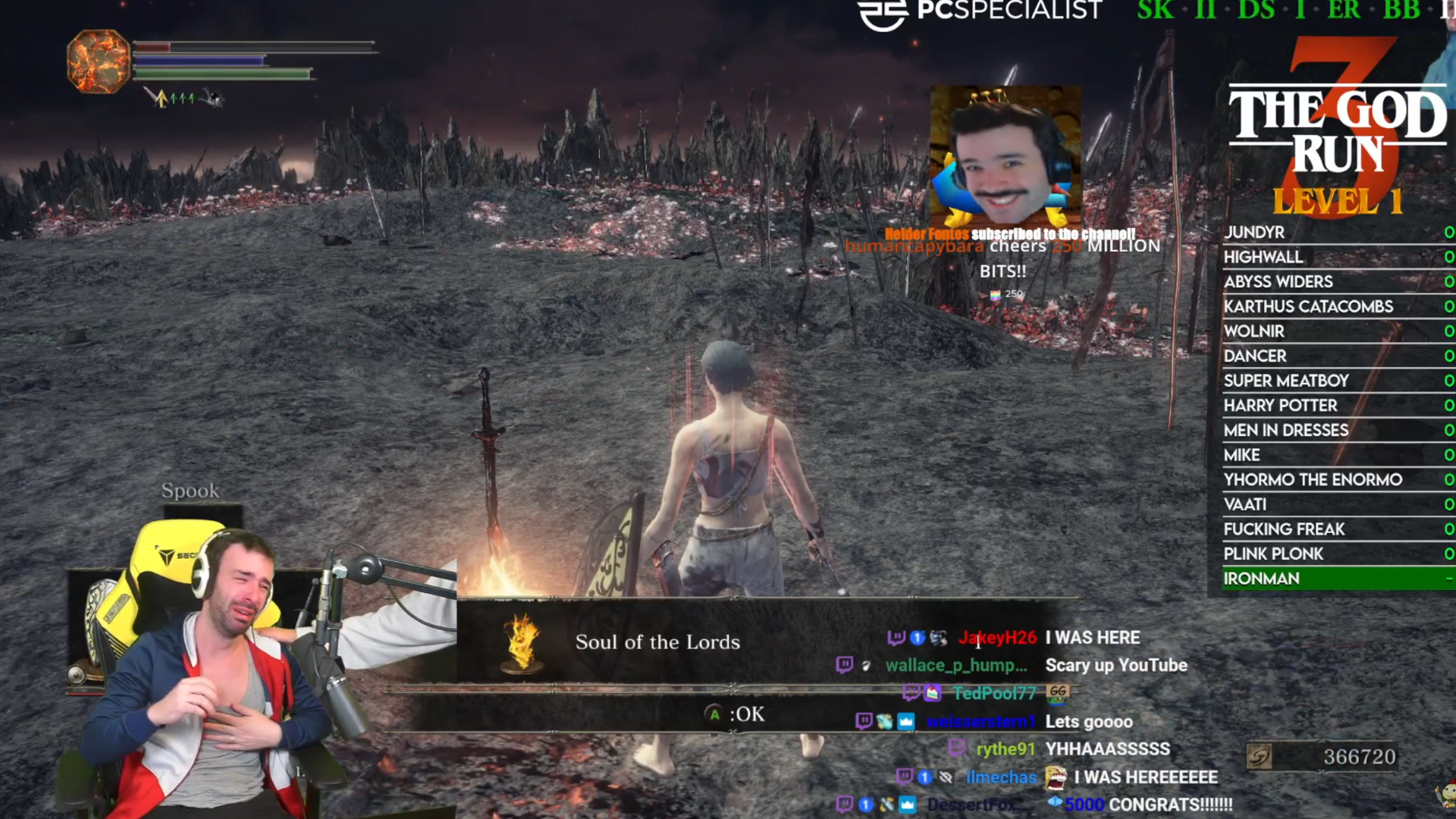## Wordle Prayers and Papal Puns: Can You Imagine the Pope Gaming?
Hold onto your rosaries, gamers! The Vatican has just dropped a bombshell, revealing that Pope Leo XIV, the leader of over 1.3 billion Catholics, is a secret word game fanatic. That’s right, before ascending to the papacy, the newly elected Pope was reportedly glued to his phone, challenging his brother to daily rounds of Wordle and Words With Friends.

This revelation has sent shockwaves through the gaming world, leaving us with more questions than answers. Did the Pope use his papal power to cheat? Did his brother ever win? And most importantly, what’s his favorite five-letter word?

Conclave Chaos: When Gaming Meets Papal Politics

The recent papal election, which saw the historic ascension of Pope Leo XIV, the first American Pope, has captivated the world. But beyond the traditional narratives of religious succession and global influence, a surprising subplot has emerged: the intersection of gaming culture and the Conclave.

Gamestanza previously reported on Pope Leo XIV’s love for word games like Wordle and Words With Friends, a detail that sparked widespread interest and amusement. This seemingly innocuous hobby has inadvertently shed light on a fascinating cultural phenomenon: the growing influence of gaming on even the most unexpected spheres of life.

Spanish Television’s Quirky Take
Spanish television channel Cuatro took this intersection to an entirely new level during their coverage of the papal election. In a segment that has since gone viral, Cuatro compared the Conclave to a video game, specifically the popular action role-playing game Dark Souls 3.
The segment featured a clip of a player battling the game’s formidable boss, Pontiff Sulyvahn, while a presenter likened the process to the real-life competition for the papacy. She even introduced the concept of “Papal Fantasy Football,” a playful take on fantasy sports leagues, with cardinals depicted as cartoonish clipart characters.
The Unexpected Link: Dark Souls and the Vatican
This seemingly absurd comparison, while humorous, highlights a growing tendency to view complex real-world events through the lens of video games. The similarities between the two, such as the strategic maneuvering, the high stakes, and the metaphorical battles for power, are undeniable.
Dark Souls, known for its challenging gameplay and intricate lore, has become a cultural touchstone, resonating with players on a deep and personal level. Its themes of perseverance, sacrifice, and the cyclical nature of power have found unexpected resonance in the context of the papal election, a centuries-old tradition steeped in symbolism and ritual.
The Enduring Power of Gaming Culture
The viral popularity of Cuatro’s segment speaks volumes about the pervasiveness of gaming culture. Video games are no longer simply a niche hobby; they have transcended the boundaries of entertainment and become a pervasive force in society, influencing our language, our perspectives, and even our understanding of complex events.
This blurring of lines between the virtual and the real has profound implications for how we consume information and engage with the world around us. As gaming continues to evolve and expand its reach, we can expect to see even more instances of its influence seeping into unexpected corners of our lives.
Sulyvahn and the Sword of Papal Succession: Fact or Fiction?
While Cuatro’s comparison might be tongue-in-cheek, it has sparked a wave of speculation and humor about the potential influence of Dark Souls on the papal election process. The idea that cardinals must defeat Pontiff Sulyvahn in a fierce battle to claim the papacy has become a popular meme, circulating widely on social media.
The Hilarious (and Possibly Accurate?) Claim
The image of cardinals wielding swords and casting fireballs in Irithyll of the Boreal Valley is undeniably amusing. It’s a stark contrast to the traditional imagery of the Conclave, with cardinals huddled in prayer and deliberation. But beneath the humor lies a deeper point: the desire to find relatable narratives and frameworks to understand complex events.
For many gamers, Dark Souls represents a challenging and rewarding experience, a test of skill and perseverance. Applying these themes to the Conclave, a process often characterized by intense negotiations and power struggles, creates a sense of familiarity and intrigue.
Deconstructing the Satirical Portrayal
The viral success of this meme highlights the power of satire and its ability to make sense of the world around us. By exaggerating the parallels between Dark Souls and the Conclave, Cuatro’s segment successfully captures the attention of a wide audience, sparking conversations and prompting reflection on the nature of power, authority, and the very essence of leadership.
The meme’s enduring popularity also speaks to the growing cultural relevance of video games. No longer confined to the realm of entertainment, gaming has become a language, a shared experience, and a source of inspiration for art, culture, and even political commentary.
The Enduring Power of Gaming Culture
Whether one believes that cardinals are secretly battling Dark Souls bosses to become Pope or not, the meme serves as a powerful reminder of the enduring influence of gaming culture. Video games have become an integral part of our collective consciousness, shaping our perspectives, inspiring our creativity, and even influencing our understanding of the world around us.
As gaming continues to evolve and expand its reach, we can expect to see even more instances of its influence seeping into unexpected corners of our lives. The meme about cardinals and Dark Souls is just a small example of the profound impact gaming has on society, blurring the lines between the virtual and the real, and redefining the boundaries of what it means to be a gamer.
Conclusion
So, there you have it: the Pope, a man who holds the spiritual weight of millions, indulging in a little digital wordplay with his brother. While it might seem like a trivial detail, the revelation that Pope Leo XIV found solace and connection in games like Wordle and Words With Friends is anything but. It humanizes the figurehead of the Catholic Church, showcasing his capacity for simple pleasures and revealing a surprising vulnerability. It also underscores the universality of gaming, proving that it transcends age, status, and even religious boundaries.
This isn’t just a lighthearted anecdote; it’s a signpost pointing towards a future where gaming’s influence continues to expand. As the lines between the digital and physical world blur, we can expect to see even more unexpected encounters between the world of gaming and the world of power, faith, and tradition. Perhaps, in a world increasingly divided, Pope Leo XIV’s fondness for Wordle is a subtle reminder that even the most seemingly disparate individuals can find common ground in the shared language of games. After all, isn’t solving a puzzle, no matter how small, a universal human experience?
The next time you find yourself engrossed in a game, remember the Pope. Remember that the digital world, with its endless possibilities and unexpected connections, has the power to bridge divides and illuminate the shared humanity that binds us all.